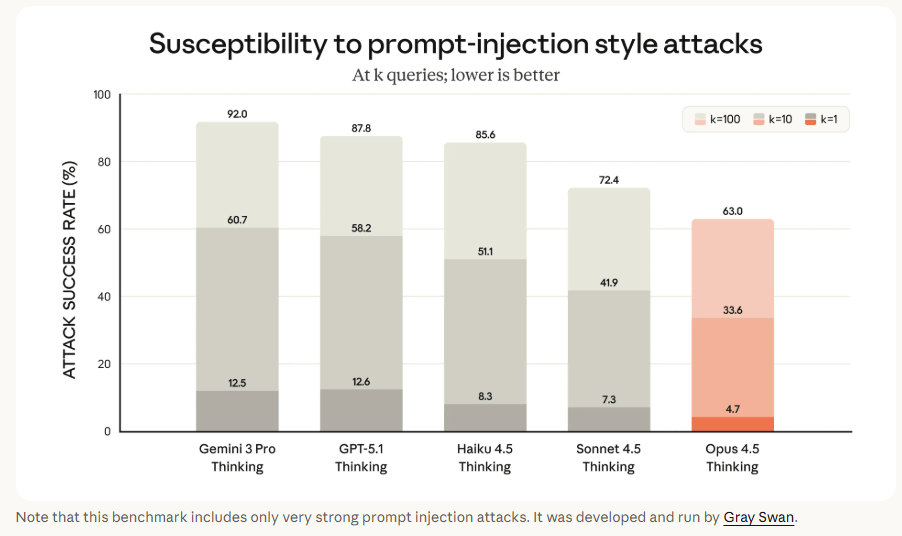OpenAI has rejected the lawsuit filed by the family of 16-year-old Adam Raine, saying the company is not responsible for the teenager's suicide. In a court filing on Tuesday, the company argued that Raine misused ChatGPT in ways that violated its terms of use and intentionally worked around the system's safety filters. According to OpenAI's lawyers, the model pointed him to support resources more than 100 times, but Raine repeatedly disguised his intentions to bypass those warnings. The family and their attorney, Jay Edelson, claim the situation unfolded differently, accusing the company of releasing the heavily criticized GPT-4o model despite concerns about flattery and safety. One OpenAI developer recently described the model as "insufficiently aligned" when interacting with users.
In a blog post, OpenAI said it intends to handle the case respectfully but will have to reveal "difficult facts" about Raine's mental health as part of its defense. The company says the plaintiffs cited only selected chat excerpts, prompting OpenAI to submit the full, sealed transcripts to the court.




